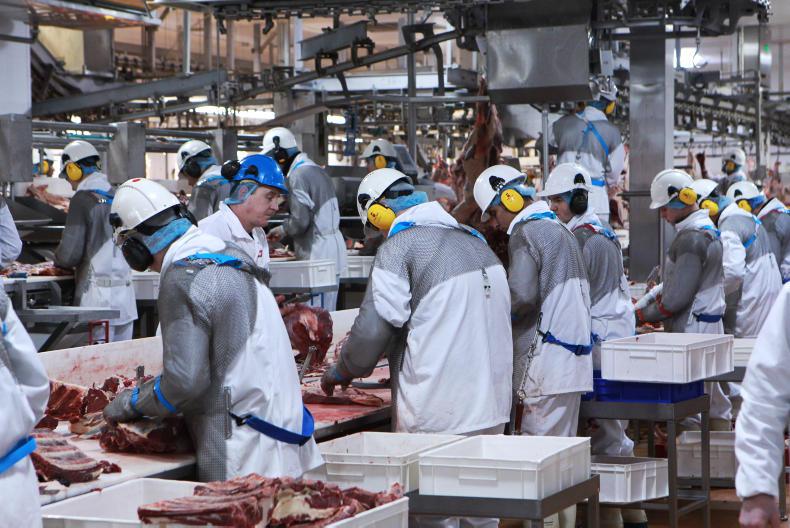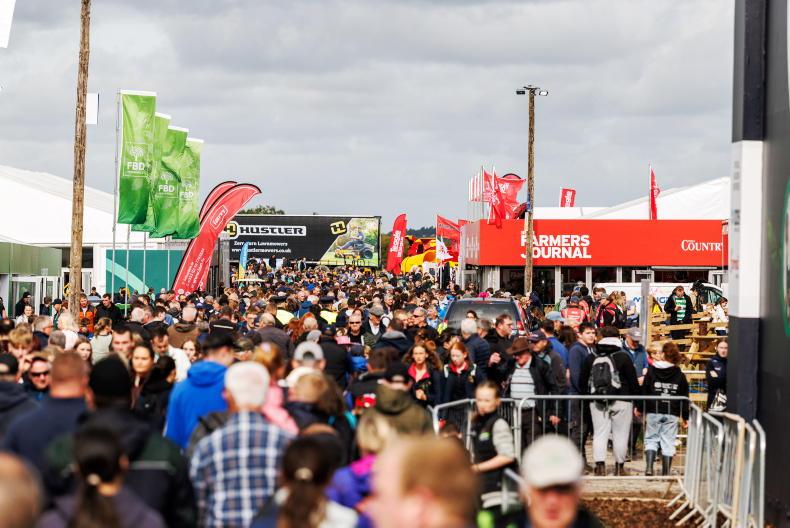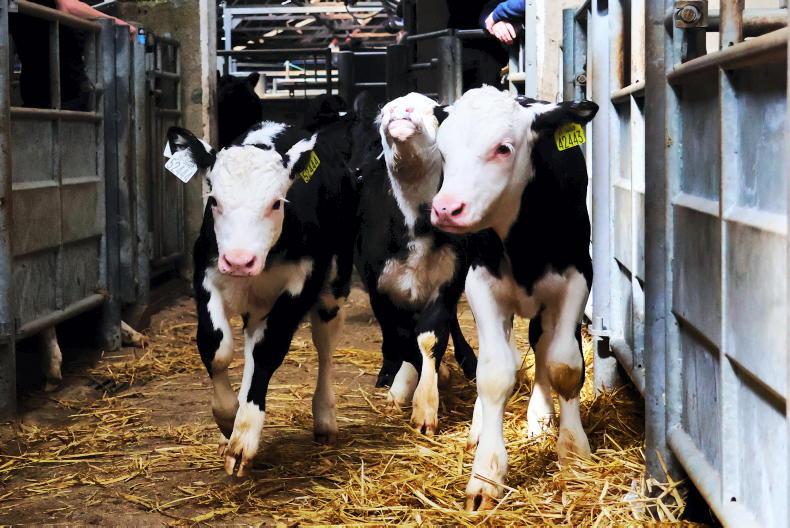Minister for Agriculture Charlie McConalogue has announced that his Department will launch an investigation into the transmission of COVID-19 in factories.
From 1 December, researchers will be hired to work with State agencies and meat plant operators on establishing solutions to control and prevent COVID-19 in food businesses and other workplaces.
Funding for this study was made available following a grant application to Science Foundation Ireland (SFI) by the Department of Agriculture, senior UCD academics and other partners in Ireland and the UK.
This research consortium includes the research group and meat processor involved in the investigation of a large outbreak in a German meat processing plant.
Pilot study
Minister McConalogue acknowledged, in a parliamentary question asked by Sinn Féin’s spokesperson on agriculture Matt Carthy, that further studies are warranted to establish if the COVID-19 infection rate is a consistent pattern in affected plants.
The Department has already participated in a national outbreak control team (NOCT) study, convened by the Health Services Executive to oversee the investigation of COVID-19 in meat processing plants.
Minister McConalogue said: “My Department conducted a pilot study during July and early August in a single affected plant. This pilot study was undertaken by a multi-disciplinary team.
“The investigative team assembled documents describing the layout and operation of the plant, the sequence of events that had occurred and the distribution of COVID-19 cases.”
A subgroup of the investigative team spent several days undertaking physical and environmental measurements, including measuring bio-aerosols.
Bio-aerosols were measured in the boning hall and compared with similar measurements in the abattoir.
Findings
A gradual but steady increase in the concentration of bio-aerosols and CO2 was measured over the course of a working shift in the boning hall, but not in the abattoir.
Minister McConalogue concluded: “Although these findings are preliminary and only represent one affected plant at one specific point in time, they corroborate other international findings.
“The results highlight a particular risk in meat plants relating to the re-circulation of chilled air in those working areas where meat is cut and packaged, an industry norm to comply with food hygiene regulations.”
Read more
McConalogue to roll out €5,000 grant for marts
Labour uncertainty threatens Christmas vegetable supply
Minister for Agriculture Charlie McConalogue has announced that his Department will launch an investigation into the transmission of COVID-19 in factories.
From 1 December, researchers will be hired to work with State agencies and meat plant operators on establishing solutions to control and prevent COVID-19 in food businesses and other workplaces.
Funding for this study was made available following a grant application to Science Foundation Ireland (SFI) by the Department of Agriculture, senior UCD academics and other partners in Ireland and the UK.
This research consortium includes the research group and meat processor involved in the investigation of a large outbreak in a German meat processing plant.
Pilot study
Minister McConalogue acknowledged, in a parliamentary question asked by Sinn Féin’s spokesperson on agriculture Matt Carthy, that further studies are warranted to establish if the COVID-19 infection rate is a consistent pattern in affected plants.
The Department has already participated in a national outbreak control team (NOCT) study, convened by the Health Services Executive to oversee the investigation of COVID-19 in meat processing plants.
Minister McConalogue said: “My Department conducted a pilot study during July and early August in a single affected plant. This pilot study was undertaken by a multi-disciplinary team.
“The investigative team assembled documents describing the layout and operation of the plant, the sequence of events that had occurred and the distribution of COVID-19 cases.”
A subgroup of the investigative team spent several days undertaking physical and environmental measurements, including measuring bio-aerosols.
Bio-aerosols were measured in the boning hall and compared with similar measurements in the abattoir.
Findings
A gradual but steady increase in the concentration of bio-aerosols and CO2 was measured over the course of a working shift in the boning hall, but not in the abattoir.
Minister McConalogue concluded: “Although these findings are preliminary and only represent one affected plant at one specific point in time, they corroborate other international findings.
“The results highlight a particular risk in meat plants relating to the re-circulation of chilled air in those working areas where meat is cut and packaged, an industry norm to comply with food hygiene regulations.”
Read more
McConalogue to roll out €5,000 grant for marts
Labour uncertainty threatens Christmas vegetable supply









SHARING OPTIONS